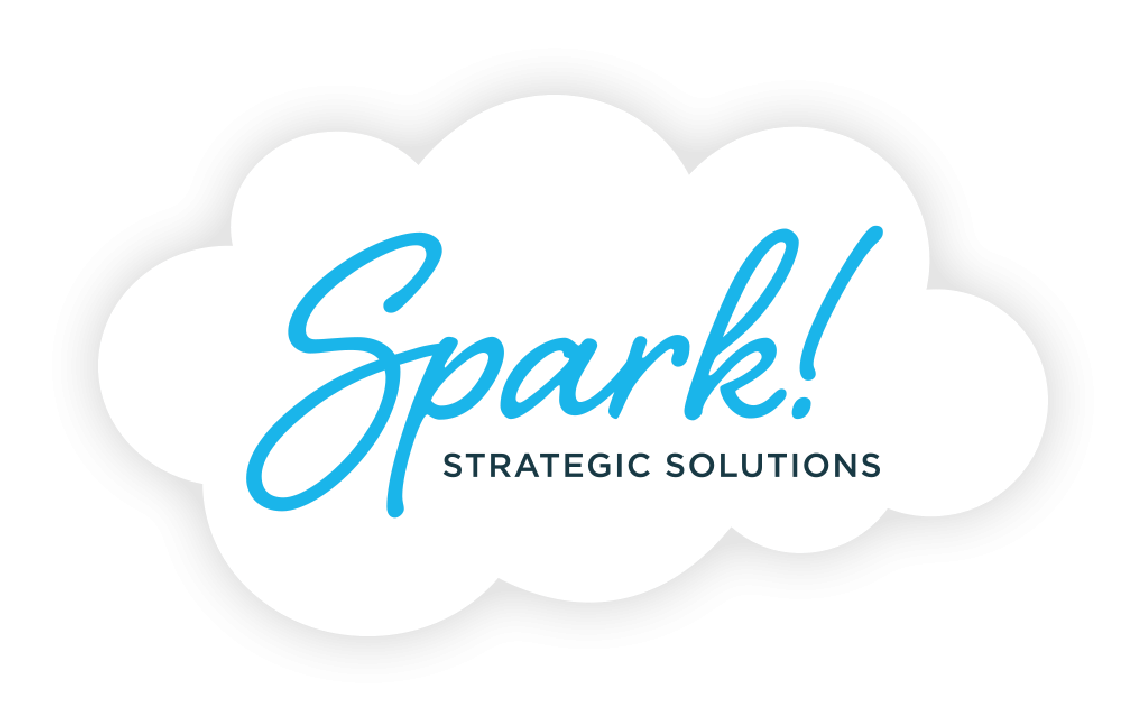
In 2020, many businesses around the country pledged to incorporate Diversity, Equity and Inclusion (DEI) into their business strategies. These undertakings came as a response to the larger conversations about race being held around the country.
There’s no doubt these three words have become charged. We all have different perspectives. Some agree with these programs. Others may express resistance. Engaging with these conversations is both challenging and important for everyone.
As we approach 2023, what outcomes have these businesses seen, and how have their employees responded to these initiatives? On October 20,
Gallup’s Center on Black Voices hosted an executive panel to discuss diversity initiatives and their effects on workplace culture and business outcomes.
Each of the four panelists seem to agree on one common theme: important conversations have been taking place that were not taking place before 2020. These conversations, they said, have been the most impactful for opening a safe dialogue for all participants.
Jen Bae, VP of Corporate Social Responsibility at KinderCare Education, says expectations have shifted. The cultural zeitgeist has changed, she says, even since 2020. Companies are being held accountable for real, measurable outcomes.
Reggie Van Lee, Partner and Chief Transformation Officer at Carlyle, notes that many executives understand the concepts at play in these discussions on an intellectual level, but don’t know how to put them into practice.
Gallup provided data
during the panel which says less than 40% of employees report conversations over the past 12 months between managers and their teams. Even fewer report relevant training or education programs and town hall meetings.
Additionally, data shows less than 40% of employees believe their organizations have made real changes to recruiting or culture. Just over 30% say they don’t know, an issue panelists credit to the often invisible nature of these programs.
Short answer: yes!
Bae shared that in her experience, opening these conversations was the greatest benefit to workplace culture. Inviting people to share their experiences, stories and perspectives provides the space necessary for growth.
At Spark!, we champion the power of personal story and creating space to share stories. When we share our stories—and listen to other’s perspectives—we learn from one another. When we understand each other better, we open the door to greater collaboration. Origins: The Power of Personal Story—our professional development workshop—is designed to do just that. We create an environment for leaders to convene, share what makes their stories unique, and connect over their shared experiences.
Empty space, drag to resize



